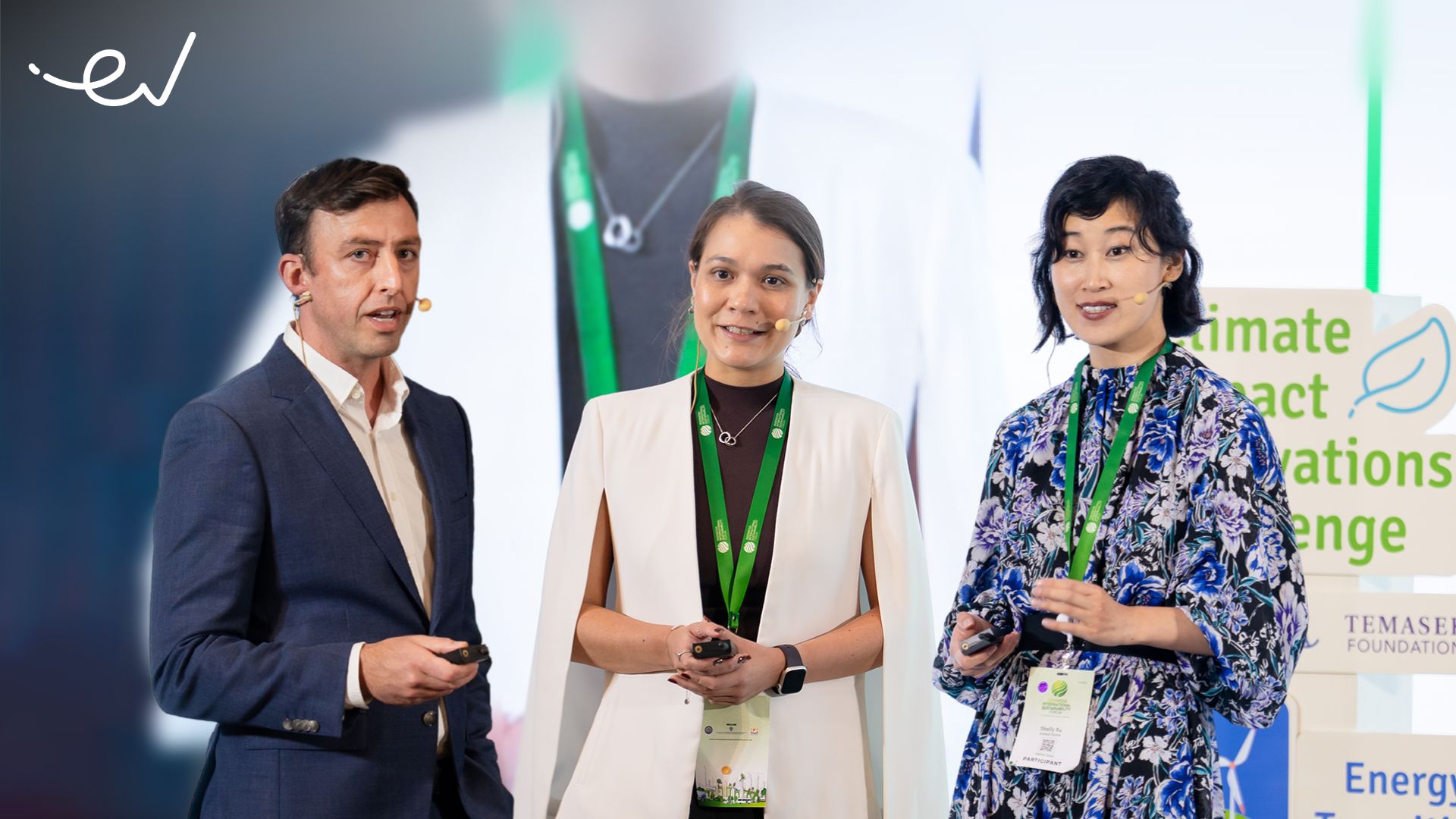As an early believer of Indonesia’s startup ecosystem, East Ventures is very enthusiastic in investing in early-stage startups. We have been in the startup scene for over 12 years, and we did not only invest in certain, specific sectors but we have been sector-agnostic, as long as that sector has a promising and potential market size. Venture capitalists like East Ventures have invested in early-stage startups with hopes that once their valuation grows, we will get the financial return.
To date, investments are seen to be very focused on earning financial returns with no mind in delivering positive impact to the surrounding communities. People might still think that only philanthropists or non-governmental organizations can tackle humanitarian issues like hunger, gender equality, and financial access. Nonetheless, a new investment practice has emerged—that is to invest not only for the financial return, but also for the sake of positive impact given to the society or the focusing sectors.
We see that the Earth, as the biggest platform for us all, is deteriorating—not only environmentally, but also socially as we see that there is a huge social gap amid the society. In Indonesia alone, the gap between the rich and the poor is clearly visible.
For example, the poor people do not have access to knowledge about banking services and financial products, including loans, due to the low economic capability. When someone does not have a credit profile that institutions use to determine their eligibility to get loans, the lower their chance is to get the loans.
In a pursuit to erase this social gap, investors are driven to provide impact funds, or funds that are invested in certain sectors that are expected to give a direct, measurable impact towards that sector. For instance, fintech lending companies that utilize the capitals given by the investors to deliver positive impacts: spreading awareness about financial products, empowering women, and more.
When there are more business women getting access to loans for their businesses, the fintech company can estimate how many women they have helped. Then, when these business women can stock more items in their inventory—therefore having a high inventory turnover—their business value can grow as well. This is something that can be used as a measuring tool of the said impact fund.
However, it is not merely a walk in the park. Despite how long this practice has been implemented, there were still unsuccessful outcomes, though there were fruitful results as well. Therefore, a new terminology, that has been popularized for the last two to three years, surfaced. It is something that we call ESG—environmental, social, and corporate governance.
ESG tends to be seen as more like an approach instead of investing in specific sectors. The integration of ESG factors is leveraged to identify risk potential and opportunities that are related to financial returns. Hence, we are convinced that this ESG trend is a new and important paradigm in the Indonesian investment scene.
In the eyes of investors, ESG practice in investments plays an important role as a measuring instrument in choosing the right startup criteria to be invested in, like business models, issue identification based on ESG pillars, risks, as well as impact delivery as solutions.
What is the impact of ESG approach in the future? Imagine these two cases.
First case: when climate change continues to occur, companies that have assets in the areas severely affected by the environment will experience loss.
Second case: there are companies that target the mass market, but in fact, there is still a gap amid the market where not everyone has the same capability to access the product offered by the company. This can also be a risk for the company.
As an investor, the ESG approach is one of the risk management strategies in making the right investment decision since we do not only focus on the strategy to earn financial returns, but we also become more aware of the issues related to the ESG pillars. We always refer back to our investment philosophy at East Ventures: the people and the potential market.
When founders are able to run their businesses sustainably and do their research well on how to impact and scale, the aforementioned risks in the two examples above can be eliminated. In other words, aside from focusing on the social impacts, startups also need to have a business model designed for scalability.
Two of the many East Ventures portfolios that meet the two aspects are Warung Pintar and Xurya. Warung Pintar has improved the well-being of Indonesian warung owners by democratizing technology. This is clear as the average income of warung owners has seen an increase of 38%. On top of that, Warung Pintar also promotes women empowerment where 54% of warung owners in Warung Pintar’s ecosystem are women, and they make income contributions through warungs.
Then, Xurya, as a renewable energy company, has also contributed to a greener Indonesian economy. By utilizing solar energy to generate electricity, more than 26 million kilograms of carbon dioxide have been avoided, and Xurya has also generated more than 28 million kWh of green energy through affordable solar panels.
We can see that the focus of ESG approach is increasing, even among mainstream investors as well as venture capitalists. This manifests that ESG is today’s investment paradigm.
By Melisa Irene, Partner of East Ventures in The 11th UI Studentpreneurs, 25 September 2021







